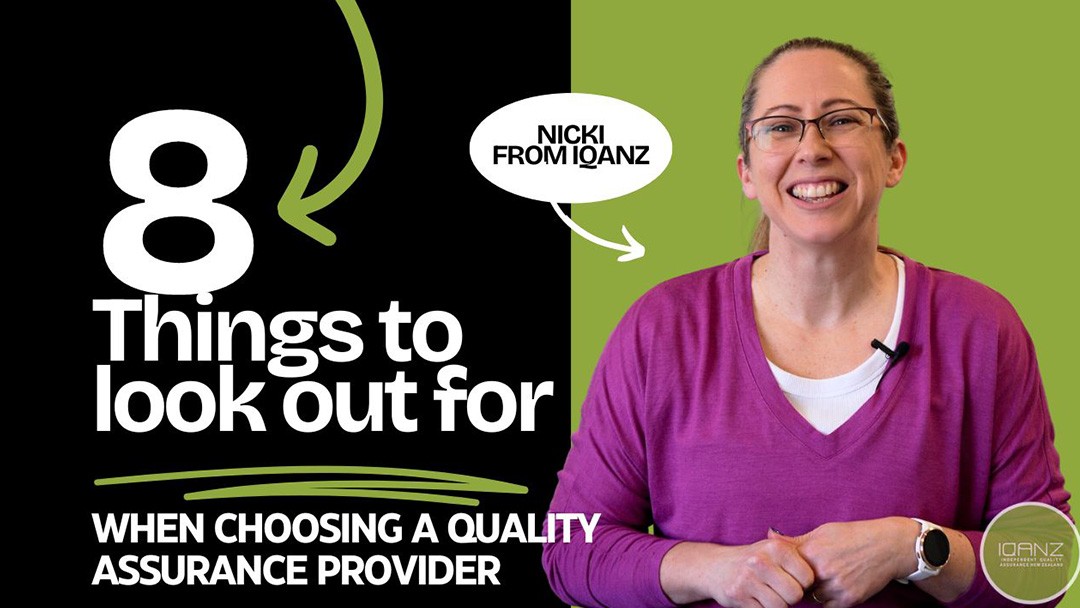1. Knowledge and Experience
Your assurance provider must possess a solid understanding of project processes, though they don’t need to be a domain expert. For instance, if you’re running an IT platform replacement, it’s not necessary for them to have specific experience in that field. However, they should have a good grasp of what an IT project entails. Most importantly, they need extensive assurance experience, with the ability to present findings clearly, engage with stakeholders effectively, and extract valuable information from your team.

2. Empathy
A truly effective assurance provider walks the journey with you. They don’t just offer advice from the sidelines but work to understand the challenges your team faces. Empathy enables them to provide support that is both realistic and aligned with your team’s needs. While “be kind” may be a trendy phrase, genuine empathy is about understanding your team’s perspective and working in harmony with them, ensuring success without causing undue stress.
Empathy is also important to keep a project and team on track. Delivering information about improvements a project could benefit from is somewhat of an art form. Done too abruptly, and stakeholders or the project team could close off. Conversely, an empathetic communication style in the QA process can make feedback a supportive experience – not a judgemental one.
3. Active Listening
An underrated yet vital skill, listening allows an assurance provider to fully grasp the undercurrents within a project. It’s not just about hearing words but understanding the nuances behind them. Whether your team says everything is fine or that everything is broken, both statements often have deeper meanings. Your provider needs to dig beneath the surface to identify the true status of the project, enabling them to offer more tailored and meaningful guidance.

4. Curiosity
The best assurance providers are inherently curious, constantly questioning what’s beneath the surface. They’re not content with superficial explanations; instead, they strive to explore and uncover potential risks or opportunities that may not be immediately visible. Curiosity leads them to probe deeper into the issues at hand, ensuring nothing is overlooked.
5. Adaptability and Humility
A good assurance provider understands that they don’t have all the answers, especially in unique or unfamiliar situations. They must be adaptable, drawing parallels from previous experiences but knowing when to step back and acknowledge that the situation may require a fresh approach. Humility also means recognising that you, the client, know your business better than they do, and that’s perfectly acceptable.
6. Perspective
When you’re in the thick of a project, it’s easy to lose sight of the bigger picture. An assurance provider’s role is to offer perspective. Sometimes, what feels like a project disaster is just a typical bump in the road, and sometimes it’s genuinely concerning. Either way, their perspective helps you understand whether you’re truly in trouble or just experiencing normal project challenges. They can offer reassurance when needed or point out when action must be taken to avoid further issues.

7. A Touch of Pessimism
While an optimistic outlook is valuable, a healthy dose of pessimism is necessary in quality assurance. Your provider should take a ‘black hat’ approach at times, considering worst-case scenarios and assessing potential risks. This risk-focused mindset allows them to anticipate challenges and guide you in making informed decisions, even when the path ahead appears difficult.
8. Communication Skills
Finally, your assurance provider must be an excellent communicator. They need to be able to deliver difficult messages constructively, without causing unnecessary alarm or demoralising your team. Whether it’s suggesting a project reset or stopping a project entirely, they must frame their advice in a way that is actionable, helpful, and geared towards ensuring the success of your project. Good communication also helps maintain strong relationships with stakeholders and governance boards, ensuring everyone remains aligned and supportive.

Navigating to Success: The Power of the Right Assurance Provider
A quality assurance provider with the right blend of knowledge, empathy, curiosity, and communication skills will be an invaluable asset to your project. These soft skills, more than technical expertise alone, are what enable them to guide your team towards successful outcomes, even in the face of challenges. By choosing a provider with these qualities, you set your project up for success, ensuring that you have the right support every step of the way.




